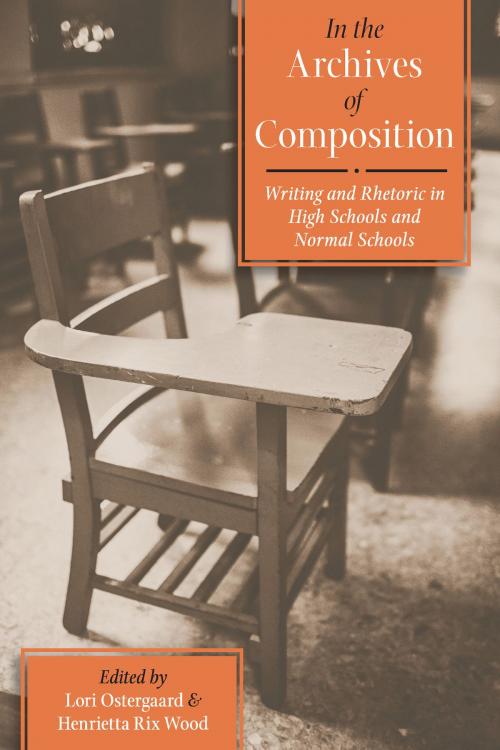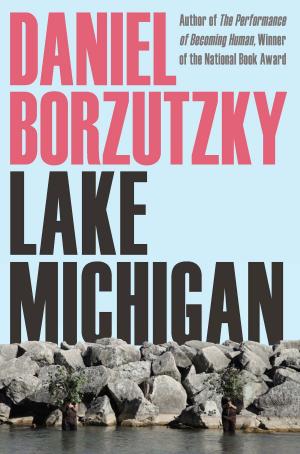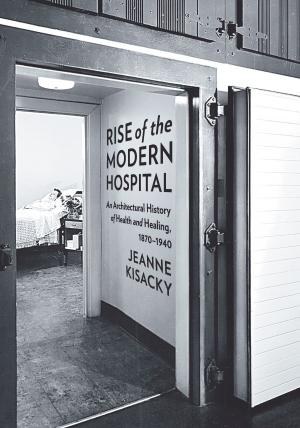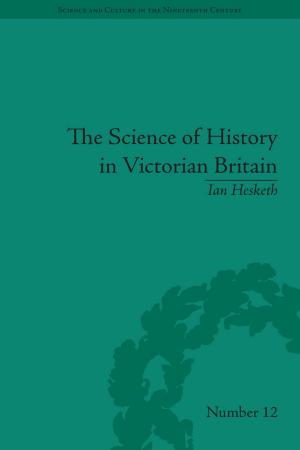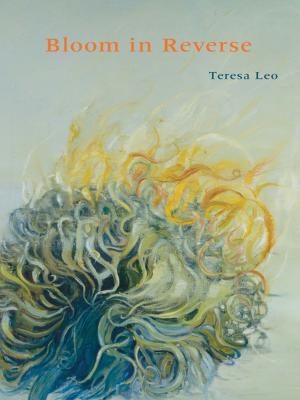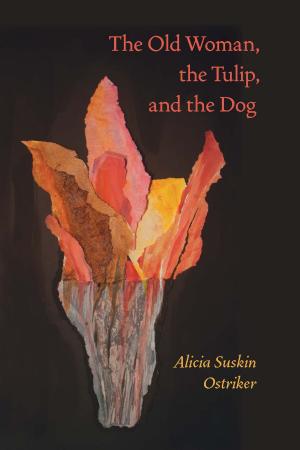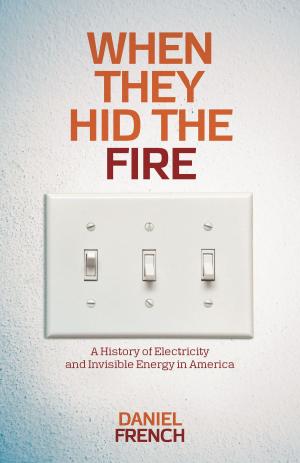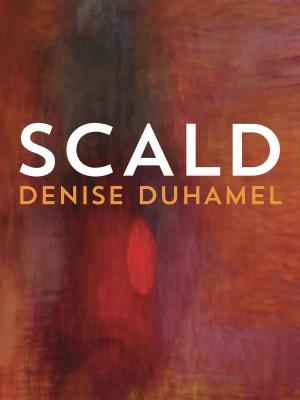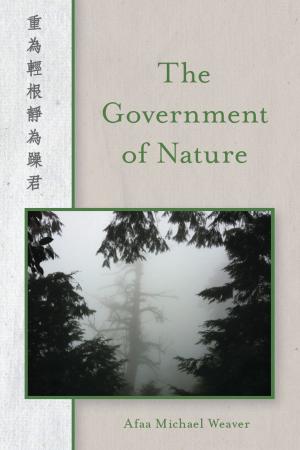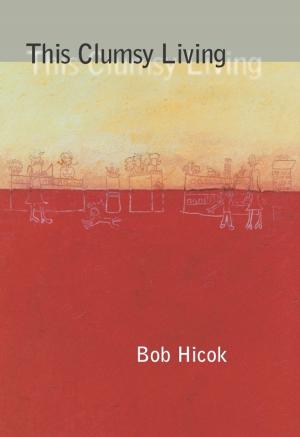In the Archives of Composition
Writing and Rhetoric in High Schools and Normal Schools
Nonfiction, Reference & Language, Language Arts, Public Speaking, Rhetoric, Writing & Publishing, Composition & Creative Writing| Author: | ISBN: | 9780822981015 | |
| Publisher: | University of Pittsburgh Press | Publication: | December 18, 2015 |
| Imprint: | University of Pittsburgh Press | Language: | English |
| Author: | |
| ISBN: | 9780822981015 |
| Publisher: | University of Pittsburgh Press |
| Publication: | December 18, 2015 |
| Imprint: | University of Pittsburgh Press |
| Language: | English |
In the Archives of Composition offers new and revisionary narratives of composition and rhetoric’s history. It examines composition instruction and practice at secondary schools and normal colleges, the two institutions that trained the majority of U.S. composition teachers and students during the nineteenth and twentieth centuries. Drawing from a broad array of archival and documentary sources, the contributors provide accounts of writing instruction within contexts often overlooked by current historical scholarship. Topics range from the efforts of young women to attain rhetorical skills in an antebellum academy, to the self-reflections of Harvard University students on their writing skills in the 1890s, to a close reading of a high school girl’s diary in the 1960s that offers a new perspective on curriculum debates of this period. Taken together, the chapters begin to recover how high school students, composition teachers, and English education programs responded to institutional and local influences, political movements, and pedagogical innovations over a one-hundred-and-thirty-year span.
In the Archives of Composition offers new and revisionary narratives of composition and rhetoric’s history. It examines composition instruction and practice at secondary schools and normal colleges, the two institutions that trained the majority of U.S. composition teachers and students during the nineteenth and twentieth centuries. Drawing from a broad array of archival and documentary sources, the contributors provide accounts of writing instruction within contexts often overlooked by current historical scholarship. Topics range from the efforts of young women to attain rhetorical skills in an antebellum academy, to the self-reflections of Harvard University students on their writing skills in the 1890s, to a close reading of a high school girl’s diary in the 1960s that offers a new perspective on curriculum debates of this period. Taken together, the chapters begin to recover how high school students, composition teachers, and English education programs responded to institutional and local influences, political movements, and pedagogical innovations over a one-hundred-and-thirty-year span.
